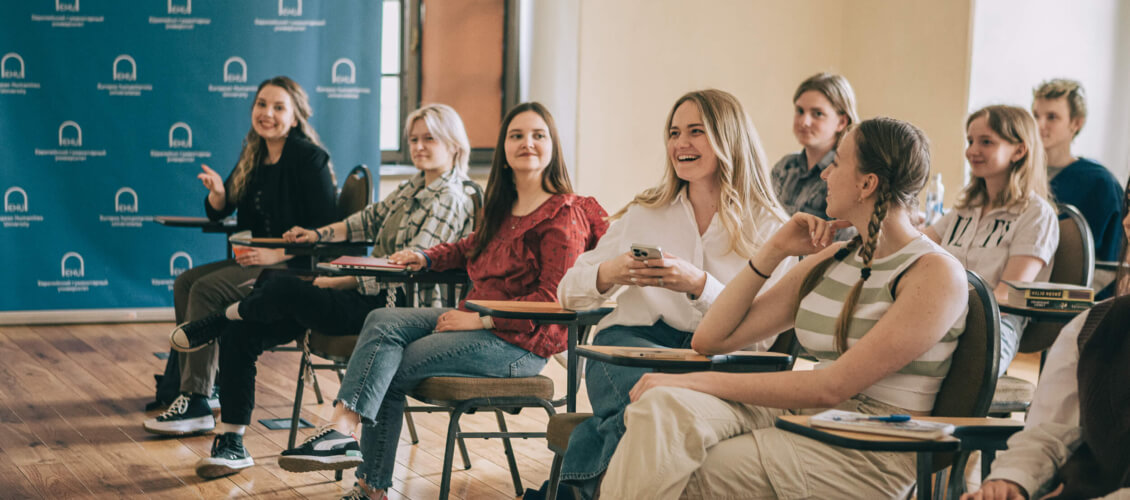Artificial Intelligence (AI) and the qualitatively new algorithms it generates for interaction between humans are becoming a key factor in the dynamics of diverse social practices today. The consequences of this process are currently unpredictable, evoking a wide range of sentiments and assessments, from unbridled optimism to gloomy alarmism and a peculiar form of Luddism. Perhaps in educational practices, these consequences are particularly dramatic, as it becomes increasingly evident that we are on the eve of a radical transformation of all aspects and forms of educational activity towards a model of human-machine partnership. AI is becoming the third equal subject alongside the teacher and the student in the educational process. Understanding these processes has become a key task for scholars and educational practitioners. The proposed conference is seen as one of the steps in solving this problem.
The conference aims to explore and discuss how AI and its’ multifaceted influence is
transforming communication practices in modern education.
Conference objectives include:
- Research and study of the evolving role of AI in transforming communication
practices in modern education, considering the dynamics of human-machine partnership; - Exploration of pedagogical aspects of communication within the context of human-machine partnership, identification of models and algorithms of interaction, communication strategies, and AI integration into the educational process;
- Critical analysis of the intersection of AI, education, and social values, discussion on the ethical issues and the consequences of social transformations.
Panel 1: Human-Machine Partnership in Digital Education
Problem field: the influence of AI on educational activities and communication
processes; the nature, algorithms, and dynamics of human-machine partnership in the digital
educational environment; advantages and challenges of AI integration into educational
communication practice.
Panel 2: Pedagogical Communication in Human-Machine Partnership Practices
Problem field: characteristics and types of pedagogical communication in human-machine partnership practices; the issue of effective teaching methods and means of interaction with AI; strategies for improving pedagogical communication between participants of the educational process and AI.
Panel 3: AI, Education, and Social Critique
Problem field: ethical aspects of AI integration into educational communication; critical analysis of the social impact of AI on education, especially from the perspective of possible social transformations; paths and prospects in developing of inclusive communication practices in modern education.
Conference Date: September 12-13
Conference Working Languages: Belarusian, Ukrainian, Russian, English.
Conference Venue: European Humanities University, 17 Savičiaus Street, Vilnius.
Forms of Participation in the Conference:
- In-person: Presentation at the plenary session (20-30 minutes).
- In-person: Presentation at panels (10 minutes).
- Online presentation at panels (10 minutes).
We kindly ask you to inform the organizers regarding the format of your participation in advance, preferably as soon as the submission of your proposal, on a later occasion – no later than one week before the conference.
Deadline for application:
Scientific and scientific-practical materials in the form of abstracts are accepted no later than July 31.
Publication of conference proceedings:
Following the conference, it is anticipated that electronic conference abstracts will be published, with the opportunity for preparing a scientific article.
How to apply for participation in the conference:
- Submit an application:
Fill out an online application form in one of the four official languages of the conference. Prepare and format the conference abstracts in one of the official languages of the conference according to the following requirements: The text is typed in an editor no lower than Microsoft Word 2003 for Windows. Format: A4. All margins – 20 mm. Font – Times New Roman. Font size – 14 pt. The interval – one and a half. Text alignment – justified. Avoid using automatic numbering and hyphenation.
Differentiate between “hyphen” and “dash.” The main text of the abstracts should not exceed 600 words. Materials should be arranged in the following sequence (sample attached):
- Abstract in English:
Author’s name(s).
City, country.
Title of the thesis in capital letters.
Summary text (not more than 3-4 sentences).
Keywords (at least 3) separated by commas.
Attention! When preparing abstracts in Belarusian, Ukrainian, or Russian, an abstract in English is also required. For abstracts in English, only one abstract in English is required.
Main text of the abstracts (not exceeding 600 words).
References:
Literature and sources (at least four) arranged in alphabetical order or as they appear in the main text of the abstracts. Reference numbers are placed in square brackets in the text. Specific pages can be indicated if necessary (e.g., [7, p. 13]).
Materials are published in the author’s edition. Authors are responsible for the accuracy of the information provided, compliance with legislative norms, ethics, professional correctness, and correct references to the literary sources.
Please fill out the application form and send conference abstracts to the email address conference_depsocial@ehu.lt in one file in .doc or .docx format attached to email. File names should correspond to the surname and first name of the first author and be typed in Latin script (e.g., Vasilevich_article).
We are looking forward to your participation in the conference!
